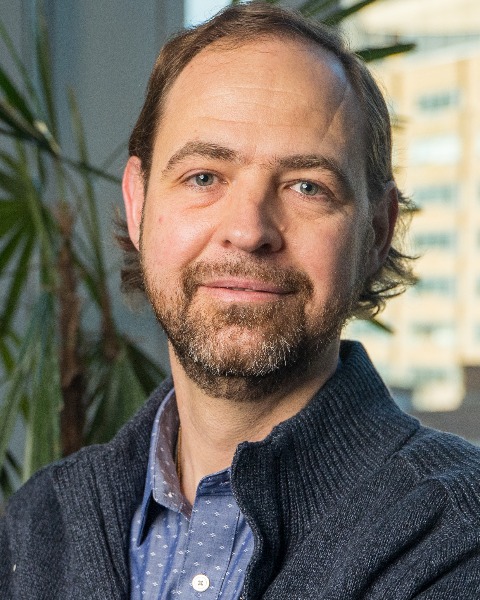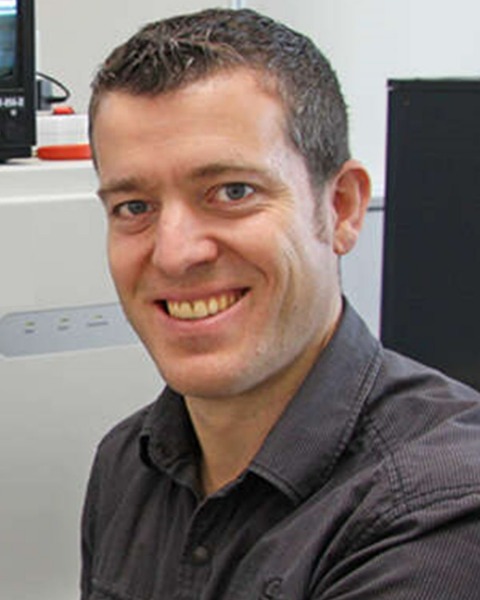Exhibitor Tutorial
Innovative automation solutions for 3D cell biology, single-cell insights and proteomics workflows
.png)

Bogdan Budnik, PhD
The Weiss Institute at Harvard University

Alexander Schmidt
University of Basel, Basel-Stadt, Switzerland

René M. Overmeer, PhD
HUB Organoids, Utrecht, Netherlands

Lesley Schultz
Tecan
- Automatic measurement of protein and peptide concentrations using the Tecan M-Plex®;
- Automatic reduction, alkylation, proteolysis and cleanup of protein lysates for LC-MS analysis using Tecan's Resolvex® A200 in combination with the iST workflow from PreOmics;
- Automatic reduction, alkylation, proteolysis and cleanup of protein lysates for LC-MS analysis using Tecan EVO® in combination with the SP3 workflow from PreOmics;
- Automatic labeling of peptide samples with tandem mass tags (TMT 16-plex) for discovery proteomics.
Automated single cell proteomics workflow to study drugs responses.Bogdan Budnik, Principal Scientist at the Wyss Institute at Harvard University will present the findings on behalf of a team including the following individuals:
Michael Lewandowski1, Shad Morton1, Mariana Garcia-Corral1, Katharina Meyer1, Jenny M. Tam1,2, Rushdy Ahmad1, George M. Church1,2,3, David R. Walt1,2, 4, Bogdan Budnik1Drug discovery and development are being transformed by single-cell technologies such as single-cell RNA sequencing (scRNA-seq). We can improve our understanding of disease mechanisms by using cell subtyping to identify targets. Proteomics data at a single cell resolution are necessary due to the lack of correlation between RNA and protein abundances.In its early stages, single-cell proteomics (SCP) was used to study cancer cell monocultures and their response to drug treatments. For further analysis of proteome heterogeneity of very complex cell mixtures as brain organoids, we developed an automated workflow that can prepare single cells. We have demonstrated that different classes of drug treatments result in unique cell responses, and our findings indicate that single-cell proteomics provides important data that can be used to uncover novel biology processes that can lead to better treatments by revealing complex biological systems.Our technique was validated by treating human induced pluripotent stem cells (hiPSCs) derived from healthy and bipolar patients with three different drugs. Cells were grown both mono-cultured and co-cultured. Compared to bulk proteomics, single-cell proteomics revealed inherent heterogeneity in cell populations and differences in drug response. We observed subpopulations of cells with unique drug response profiles. Hence, SCP analysis is necessary to understand the effects of drugs under different disease states, and discoveries made from single-cell data can lead to effective treatments for this disease that are greatly needed.
- Wyss Institute at Harvard University, Boston, MA, USA
- Harvard Medical School, Boston, MA, USA
- Department of Genetics, Harvard University, Cambridge, MA, USA
- Brigham and Women’s Hospital, Boston, MA, USA

.png)

